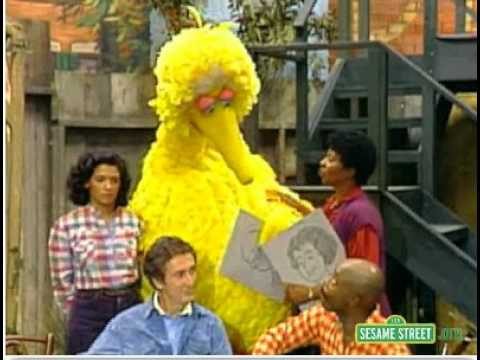Simon’s grandmother will probably be transferred to hospice around the time this article posts. It’s been a rough week for our family; she’s been in poor health for years now, but the last few months have been the most rapid decline. It’s painful, but we’re coping. The problem, of course, is going to be explaining to three-year-old Simon what has happened to his Grandma Linda. I was hoping she’d live long enough for him and Baby To Be Determined Later to remember, but this appears increasingly unlikely.
So I’m going to have to do what parents have been doing since the beginning of our awareness and explain death to my child. This won’t be easy. Probably I should call my own mother and ask for pointers, since one of my earliest memories is attending my sister’s godfather’s funeral. It wasn’t much longer, in fact, until we attended my father’s funeral, but I know we knew about death by then, because Elaine’s godfather. Who is also the first, and probably last, dead body I’ve ever seen. I don’t do viewings anymore.
But around the time my dad died, so did Mr. Hooper. For a ton of kids of my generation, that was the first death. Will Lee, the actor who played him, died, and the creators of Sesame Street had to make a decision. Would Mr. Hooper just retire to Florida? Or would they just not mention it and hope no one noticed?
Instead, they made the courageous decision to actually teach their viewers about death. They tied it in with birth, showing a mother and new baby, but they faced the issue head on. Their audience surrogate was, of course, Big Bird. He has the fact that Mr. Hooper has died explained to him, and he takes it calmly enough. Then, later in the episode, he presents all the adults with pictures he’s drawn of them. He has done one of Mr. Hooper, and when the adults remind him that Mr. Hooper died, Big Bird’s cheerful response is that he’ll give it to him when he gets back.
This never fails to destroy me. The episode aired more than thirty years ago, and I weep every time I listen to them explain to Big Bird that dead means he isn’t coming back. In fact, I’m tearing up as I type, though I’ll accept there may be some hormones involved there. But Big Bird says what we all know, that it simply isn’t fair. That we’ll accept it, but we don’t have to like it. That we will always remember him and be glad for our memories, but we will hate that memories are all we have left.
There are lots of options, really, even if you don’t care to go with Sesame Street. For a slightly older child, you might consider Up and its devastating opening sequence. Without words, it teaches us what loss is like. Grief. Despair. All of those things. I’m not sure Simon will quite get it, but if he’d been old enough so that I could be certain he’d remember her, I think he would.
A fair number of Disney movies in general feature death as a part of the plot. The most notorious is Bambi, but there are an awful lot of Disney orphans, after all. Simba sees his father killed in front of him, but I think that’s a bit much for a three-year-old, and anyway cancer and pneumonia aren’t quite the same as being trampled by a herd of wildebeests.
There’s also The Secret of NIMH, with deaths before and during the story. My Neighbor Totoro deals with the fear of death, if not death itself. Really, if you go back far enough, death is everywhere in children’s stories. A hundred years ago, we would probably be bringing Graham’s mother home to die. I’m not saying that would be better—she’ll probably be in less pain this way—but it probably meant that explaining the whole thing to kids was easier.

